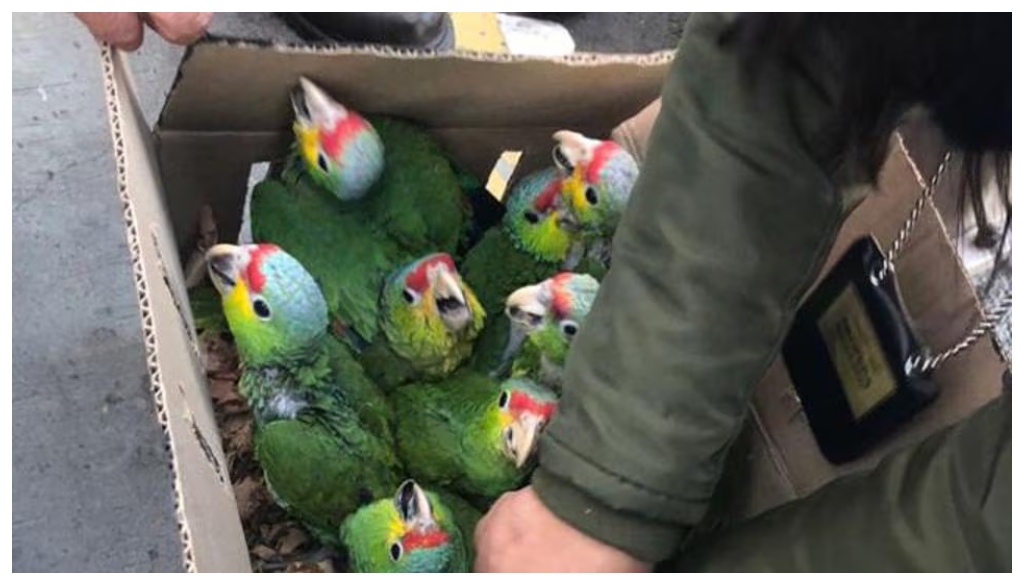Forest Department Cracks Down on Animal Smuggling: Over 4,000 Birds and Rare Species Rescued

Patna: In a year-long crackdown on wildlife trafficking, forest officials, in coordination with local police, have arrested over two dozen smugglers and rescued thousands of animals and birds, many of which belong to endangered or protected species.
According to the Patna Forest Division, nearly 4,000 birds, 164 turtles of various species, several pythons, and other rare animals were rescued from smugglers. Authorities confirmed that the seized animals are being safely returned to their natural habitats.
Divisional Forest Officer Gaurav Ojha stated that under the Wildlife Protection Act, 1972, animals listed in Schedule-1 and Schedule-2 are afforded strict legal protection. Offences against Schedule-1 species are punishable by 3 to 7 years’ imprisonment and a fine, while violations involving Schedule-2 animals can lead to up to 3 years’ imprisonment.
One of the major seizures occurred on April 16, when 27 rare turtles were recovered from a train during a raid in Ara. The turtles, valued between Rs 15 lakh and Rs 20 lakh in the international market, were being smuggled by six individuals, including a couple. In another operation, 862 banned birds were seized, and a smuggler was arrested. Around nine months ago, a joint raid led to the recovery of 1,700 birds at Patna Junction, including species such as the Rose Ringed Parakeet, Tricolour Munia, and Scaly Breasted Munia.
Authorities say most trafficking incidents are traced to trains arriving from Northeast India and regions near the Indo-Nepal border—long recognised as hotspots for wildlife smuggling. These animals are often sent to foreign markets, particularly China, where they are used in traditional medicine and as luxury commodities.
Forest, Environment and Climate Change Minister Sanil Kumar emphasised the importance of joint enforcement. “With constant surveillance at check posts and increased coordination between forest officials, police, and intelligence units, trafficking networks are being disrupted,” he said. “These efforts are crucial to maintaining ecological balance and protecting wildlife.”





